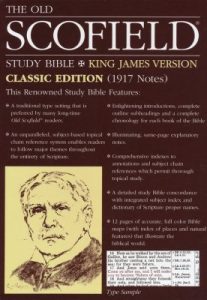The title of this thread is disingenuous. It has semblance of relationship to , Texas chainsaw anything. Especially in light of the actual fact that many years ago there was committed in Texas what was known as the Texas chainsaw massacre. And of course Hollywood exploited that savagery and loss of life to a psychopath, whom the movie, "Silence of the Lambs", was made in reference to as well; Ed Gein.
@massorite posted a similar thread to this one back in February. And this article that appears to be a cut and paste from different sources and uncredited is being posted by Dave-L on other forums, under different names.
He's on a mission folks.
That is not a compliment.
@massorite posted a similar thread to this one back in February. And this article that appears to be a cut and paste from different sources and uncredited is being posted by Dave-L on other forums, under different names.
He's on a mission folks.
That is not a compliment.

